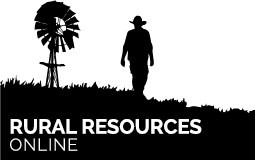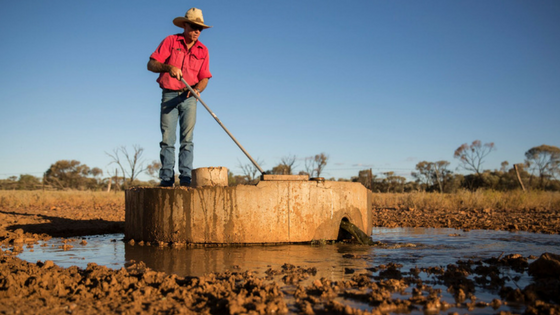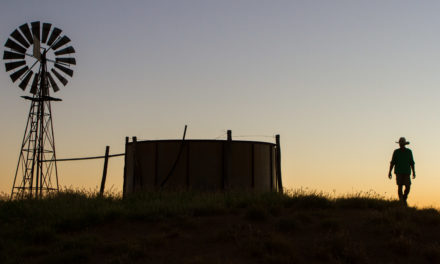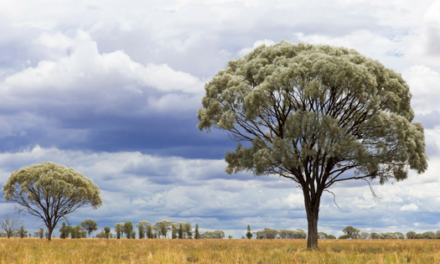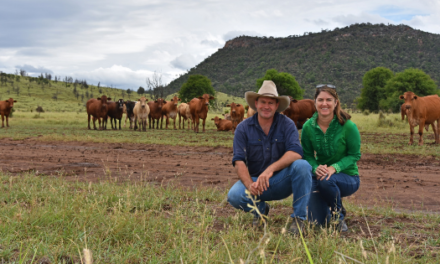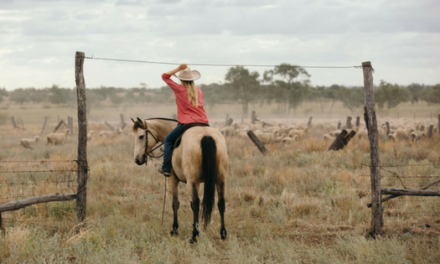An estimated 70 per cent of the first jobs that young Australians commence will either look very different or be completely obsolete in the next 10 -15 years due to automation, according to a report by the Foundation for Young Australians.
And Australian agriculture will be among the industries dramatically impacted by computerisation and technological advancements.
In findings outlined in the New Work Order: Ensuring Young Australians Have Skills And Experience For The Jobs Of The Future, Not The Past, the FYA stresses that no longer can the workforce of the future afford to be digitally naive.
“This report shows that right now, around 70 per cent of young Australians are getting their first job in roles that will either look very different or be completely lost in the next 10 – 15 years due to automation. Today’s 12-year-old won’t have the same opportunities to get a start in the workforce.”
PriceWaterhouseCooper, recently released similar findings and estimated the probability of farm worker jobs being automated in the next 20 odd years was 92.5 per cent.
Already computerisation and technology is impacting Australian agriculture.
Embracing automation in Agriculture
Automation is the biggest threat to job security. Robots, or ‘smart machines’, are expected to take over at least two thirds of jobs in the near future.
Already the prolific increase in the development and use of apps, drones, precision technology and electronic devices is impacting Australian farming.
While automation can currently only replace simple, routine tasks this will change over time.
Historically, it is always the case that advances in knowledge and technology see some occupations disappear while new ones are created at the same time.
The Australian Government is offering big financial incentives for innovative developers.
But what does this mean for the average farming family?
Balancing the old and new
There is a fantastic opportunity for farming families, but only if they believe it.
My son got a drone for his thirteenth birthday.
A rather expensive, but fully tax-deductible, gift. To us it was more than a birthday present. As farmers we need to embrace the changing face of Australian agriculture.
The drone is used to check waters, tank levels, and is in the early stages of mustering cattle.
As parents we need to show our son we trust him to develop the skills that will be needed in the future. He will make mistakes along the way…like drones shouldn’t land high in tree-tops, or you shouldn’t tell Dad about it when he is really rather busy as he will find the quickest way to shake it out of the tree with a tractor.
Importantly, our son is learning from each disaster.
Centres of Excellence for Agriculture
We are doing our bit to embrace the digital future for agriculture. These investments cost money so as the elders of the business we must make an effort to understand them.
At the same time however, we must ensure our children understand what it takes to operate a successful farming enterprise. In reality, the demands of the business are becoming more complex.
Unfortunately, there is currently a gap in the education system for Australia’s future farmers.
We deliberately chose a school that teaches agriculture as a subject from Year 8 for our son. He can then study a Certificate Three or Diploma in Agricultural Production.
But he is a bush kid who knows where he wants to be in the future and more importantly ‘why’.
Currently there are many other subjects that must be studied that will have no bearing on his future profession.
Although smart enough, an Agribusiness business degree is not appealing for our son. At this stage in his life he cannot see the connection with higher level studies and operating a successful beef operation.
Perhaps the message is the problem. Traditionally, farmers were manual labourers and simply got on with the job.
For adults, courses such as those provided by Marcus Oldham are assets for the Industry. They talk in terms of “Smart Farms” and changing production environments.
But what about our kids?
Much of the information taught at agricultural colleges he already knows from on-the-job experience. Personally, he does not want, or see the point of working for a large company when he finishes school. He wants to return to the family business and work alongside his parents.
Right now he is Grade 8. That’s a lot of years of education before he graduates.
How do we inspire and engage kids like him in the classroom?
What else could we be doing for our future farmers while they step away from the business to ensure we give them the best education possible to safeguard their farming future?
Imagine if digital agriculture was a subject in itself and farming families could seek out schools with centres of excellence for agriculture for their children.
That would be progress.
The challenge for us is to ensure those of our children who want to work in our business have the skills and knowledge needed to ensure business growth and profitability into the future.
There are many important basics to understand when operating a modern farming enterprise including:
- The importance of business and farm operations plans.
- Accepting that people are the greatest asset of any business but also the biggest challenge to manage.
- Sound financial literacy – knowing what the numbers mean is a necessity.
- Understanding the fluctuations in primary production and the need for planning, buffers and off-farm investments
- The benefits of documented policies and procedures for family businesses.
- Practical farm knowledge including low stress stock handling skills, feed budgets, and people management.
- Mastering a good understanding of animal production, soil management, environmental stewardship, water management, remnant vegetation and land management is fundamental.
- Understanding commodity markets and maximising marketing opportunities takes time.
- Leaders must manage people and risk in an ever-changing production environment as they directly impact upon the performance and viability of a business.
The challenge for the industry is to market farming as a profession rather than a job. An understanding of business and agricultural production, while adhering to ethical standards and possessing special knowledge of the industry, will be necessary traits of our future rural leaders.
The public now expect so much of their food and fibre producers.
We owe it to our children to give them the best start.
Accessing research, education and high-level training in the coming years will need to be easier than it is now.
Then we would be heading in the right direction.
